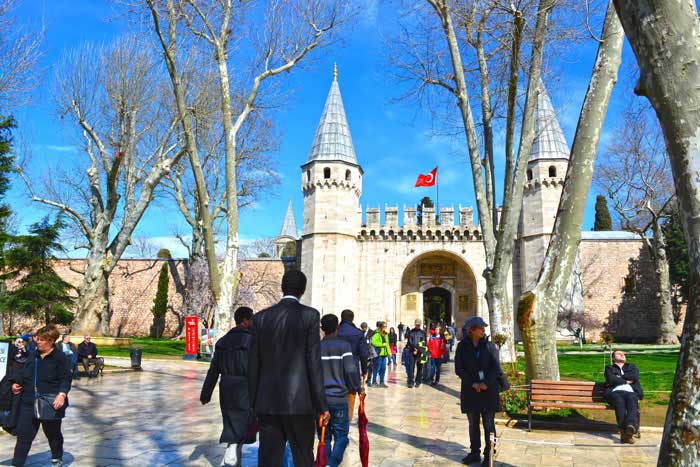V. Fever
And because on one dazzling morning the light revealed her de-formation, Pygmalion foresaw her inevitable fate. Without wakening her, when night came he took his chisel and struck her bosom a blow. There came the roar of the sea, unfailing and intermittent, liljp Fate herself. And in the gloom that is so favorable to the dreams of the poets, Pygmalion said: “Why art thou so cruel, O Beauty? It were better that I should be blind. Why does human ugliness so much offend me, and why dream if every dead dream becomes a corpse?”
His hands felt the cold body. He trembled as he divined the new miracle: Galatea was returning to the original marble. Her body was acquiring the firmness and the inert smoothness of the pure divine mat-ter. Her tresses grew fixed in salient lines like hard veins. And even a tear on her cheek had turned to stone.
Oh, wonder of the creative soul, emotion of death or of miracle! To remedy the imperfections of this ruined flesh his ancient frenzy returned. He groped in the dark for his chisel and hammer. All that night he chiseled. In the wondrous silence the blows of his hammer seemed like the throbs of a vast bosom. To this human matter conquered by grief—this shroud with which we come into the world—succeeded a flesh resistant to the centuries, indomitably firm, incorruptible and pure.
In this gloom and silence so favorable to perennial creation, Pygmalion felt his hands agitated by a quivering of wings. At moments they rose caressingly to form a shield upon each breast; he was yet too close to the image of the ardent woman for the statue not to appear still docile to the slavery of life and love. But after this loving interlude there resounded anew, as vehement as cries of victory, as wild as shouts of jubilation, thunderous and rhythmical, the blows of the hammer that were to resuscitate this marble life.
Read More about War with the Normans part 1








